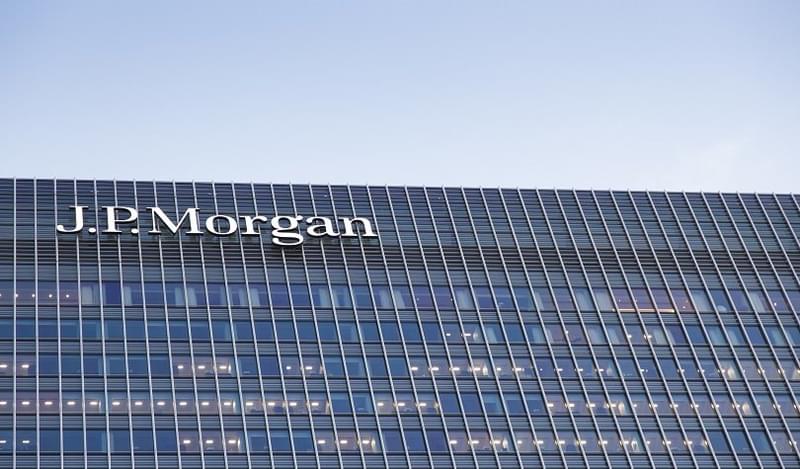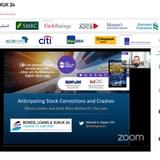Dollar-denominated sukuk from Turkey, Malaysia and Indonesia will be included in JPMorgan's flagship EMBI Global Diversified index. The inclusion of sukuk on JP Morgan’s EMBI is likely to increase the interest of conventional investors in Sharia-compliant fixed-income instruments.
“I do not see any barriers to the popularity of sukuk amongst traditional investors,” said Ali Wahab, AVP – Investment banking at Sharjah Islamic Bank.
He noted that conventional investors will not be focussed on the structure of such instruments, but rather on the credit rating, amongst other factors, that they carry, similarly to bonds.
Despite the fact that some sukuk issuances have been somewhat opaque regarding available information, the market is generally considered to be relatively transparent.
Furthermore, for a sukuk to be included on JP Morgan’s index, it needs to meet specific criteria, which themselves encourage further transparency across the sukuk markets according to Bashar Al Natoor, global head of Islamic finance at Fitch Ratings. According to JP Morgan, a credit rating and liquidity assessment are the two requirements needed for a sukuk to be included one of its indices.
Although the inclusion of sukuk into global bond indices is a positive sign, there are still obstacles that need to be overcome for the asset class to grow. Sukuk – and the regulatory framework governing them – vary across the globe as a result of different regulations within individual countries.
Wahab noted that despite the lack of standardisation across sukuk markets, the wider inclusion of sukuk in global bond indices would not be affected as investors focus on the performance and credit rating of the obligor, as well as the performance of a specific issuer’s other instruments on the secondary markets.
However, further harmonisation of the global sukuk markets would be positive for the industry.
“Although the inclusion of sukuk into JP Morgan’s EMBI is positive for the asset class, harmonisation across sukuk and legal framework amendments to such instruments is needed and will develop the market further,” Al Natoor noted.
Once sukuk markets are harmonised, global standardisation would likely follow, which could further broaden the asset class’s appeal.
Although only 8 sukuk from Turkey, Malaysia and Indonesia are set to be included on the index from Q4 2016, wider inclusion of Sharia-compliant bonds across various indices could significantly sway their performance. As sukuk in general trade slightly tighter than most conventional bonds, their inclusion into the major global bond indices will improve their performance, according to Wahab. JP Morgan predicts that sukuk instruments will compromise 0.35% of its EMBI GD.









